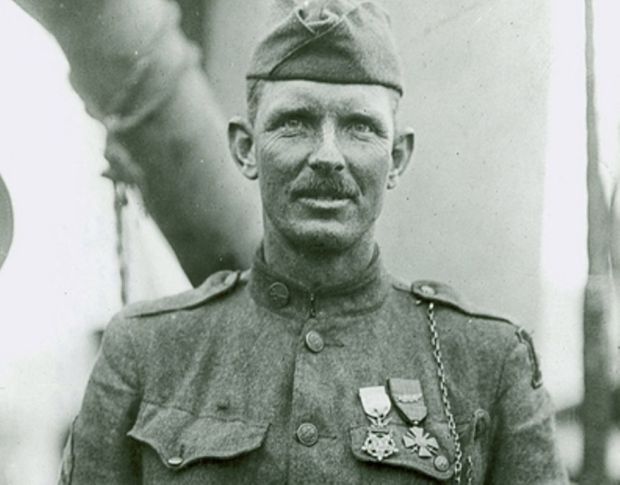Who is your hero? When I was a kid, I read many comic books. Superman was my favorite. I went through a season where I probably bought every Superman comic for a year or so. I looked up to him not because he was an unstoppable force but because he always did the right thing. He was always trying to protect and help people. The only problem was he wasn’t real. Despite the fascination of our culture with superheroes, they don’t exist. As I became a teenager, I started to look to musical artists as heroes. I grew up right as grunge music became popular and Nirvana sang the anthem of my generation. I loved Nirvana and thought of Kurt Cobain as a hero; however, as I have matured, I have come to realize that he is no hero at all.
A hero is someone that you can look up to, someone you can attempt to emulate. Heroes are typically born from suffering and adversity. In my estimation pop stars, actors, social media stars, and celebrities make terrible heroes; however, these are the people our children are looking to. These are the people they are trying to emulate. Please understand that I don’t think all artists and celebrities are bad people. I just don’t want my children to think of them as heroes. Think for a moment about their message. First, they are prioritizing entertainment. This is a major problem in our culture. People are addicted to entertainment. We can’t wait to escape from our lives into a screen or concert or some entertainment experience. Second, the life of a celebrity is driven by fame and fortune. Is this what we want our children to chase? Are these the priorities we want them to have? Celebrities and artists are not heroes.
Who are the heroes we should be pointing our children to? This year in our school curriculum we looked at the lives of several people I would consider heroes. Three that stood out to me are Hudson Taylor, Sergeant Alvin York, and Corrie Ten Boom. These are people who faced immense adversity for the Lord. They were not perfect people, but they did the right thing. They trusted God through their trials. These are people we can truly call heroes.
Hudson Taylor was a British missionary who devoted his life to winning China for the Lord in the mid-1800s. He faced many trials such as illness, the death of his first wife, the death of three of his eight children, being deserted by co-laborers, persecution, and financial strain; however, through it all, he persisted. He preached the gospel and planted churches. Today many of the millions of Chinese Christians can trace their spiritual lineage directly back to the influence of Taylor.
Sergeant Alvin York was a country boy from the hills of Tennessee. He was a drunkard and troublemaker in his youth. He was saved and turned away from a sinful lifestyle to serve the Lord. In 1917 he was drafted into the Army to serve in the Great War; because of his religious beliefs, he objected to killing and tried to get a religious exemption. His exemption was denied, and he was forced to go. He proved himself to be an expert marksman in basic training where he still wrestled with the fact that he would have to kill his fellow man. After much prayer and counsel from his superior officer, he decided that to make peace, sometimes men must fight. He went on to fight bravely in World War I and earned a Medal of Honor for his part in the Meuse–Argonne offensive. He was instrumental in taking out a machine gun nest that had the Allied soldiers pinned down. He single-handedly killed 25 enemy soldiers and captured 132.
Corrie Ten Boom was a Christian living in the Netherlands during World War II. Her city suffered German occupation and while her family was not bothered at first by the Germans, they knew many of their Jewish neighbors were suffering. Defiantly, her family hid many Jews in their home and participated in the Dutch Underground Resistance to help Jews escape Nazi persecution. Corrie, along with her sister and father, was arrested and sent to a concentration camp. She alone survived the experience. Her faith was the reason she helped the Jews, and her faith was what sustained her in the harsh conditions of the camps.
These are just a couple of examples of real heroes. We can point to many others throughout history that bear the same title. We find many heroes in the Bible, like King David or the Apostle Paul, and of course the greatest hero of them all, our Lord, Jesus! We can go on and on and name so many more. These are the type of men and women we can point our children to, the type they should look up to. Let’s redefine what a hero means and point our children to true heroes!









